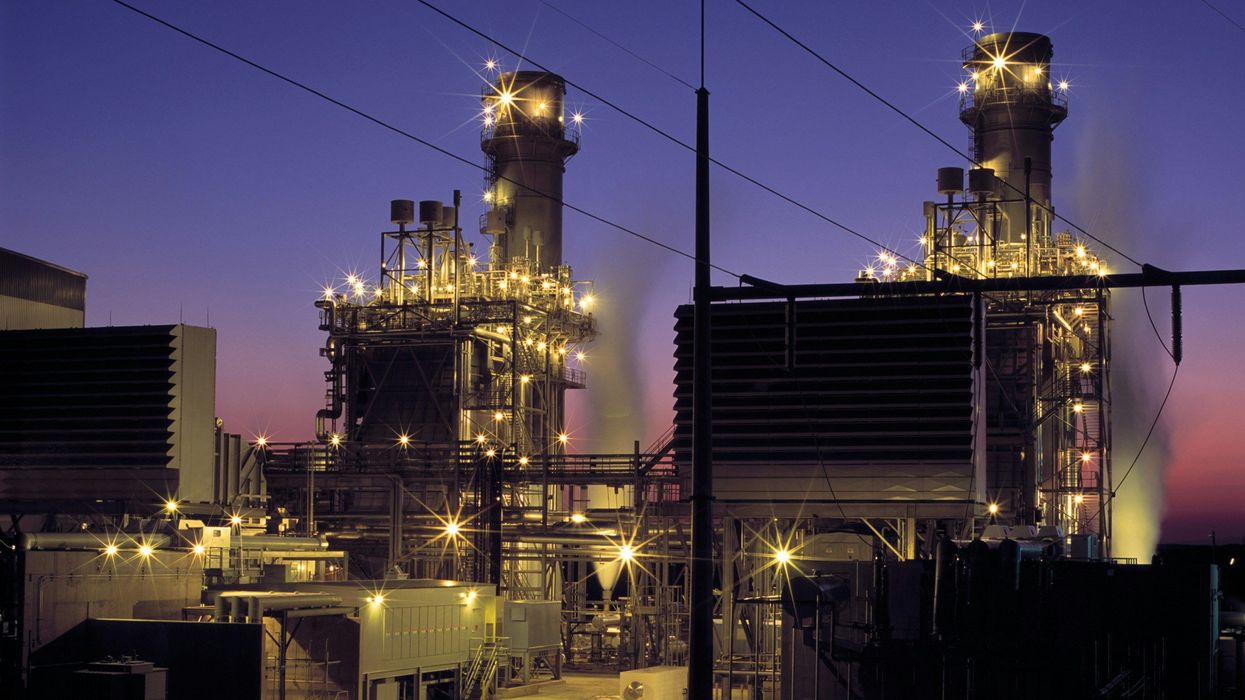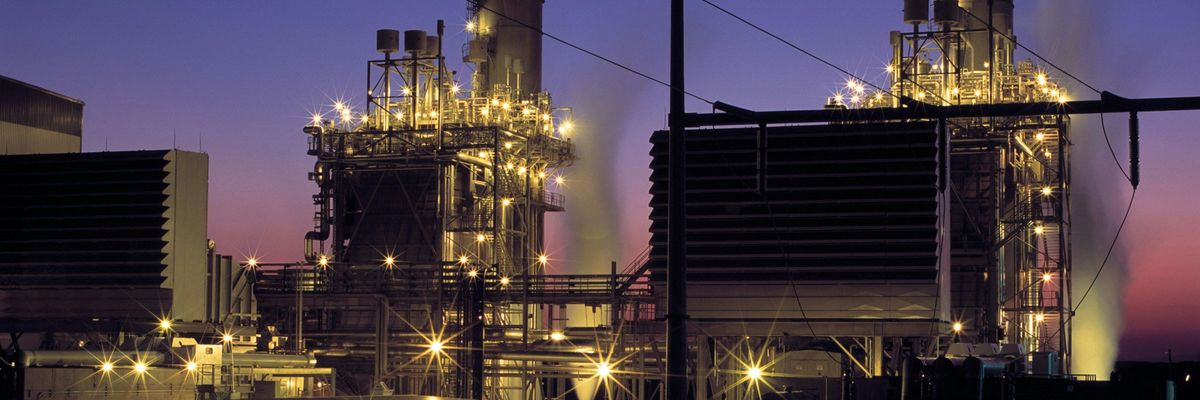Biofuel refineries, touted as a greener alternative to oil, release significant levels of hazardous air pollutants in rural communities across the U.S., surpassing emissions from petroleum refineries.
Georgina Gustin reports for Inside Climate News.
In short:
- Biofuel refineries release 12.9 million pounds of hazardous pollutants annually, including high levels of carcinogenic chemicals.
- Research reveals biofuel plants are the largest source of acrolein, a toxic chemical causing severe health issues.
- Biofuel facilities often violate air pollution permits, with over 40% failing compliance tests between 2021 and 2024.
Key quote:
“The industry claims biofuels are a better alternative. But what we found is that biofuels are a pretty significant source of hazardous air pollutants.”
— Kira Dunham, a researcher with the Environmental Integrity Project
Why this matters:
Despite being promoted as an environmentally friendly option, biofuel production poses serious health risks due to toxic emissions. Increased regulatory oversight is crucial to address these environmental and public health concerns.

















